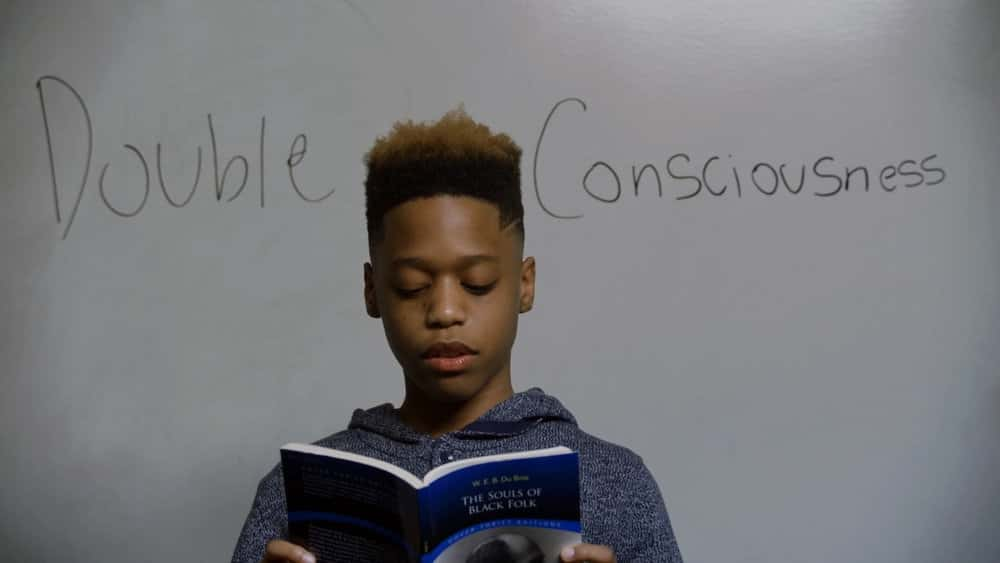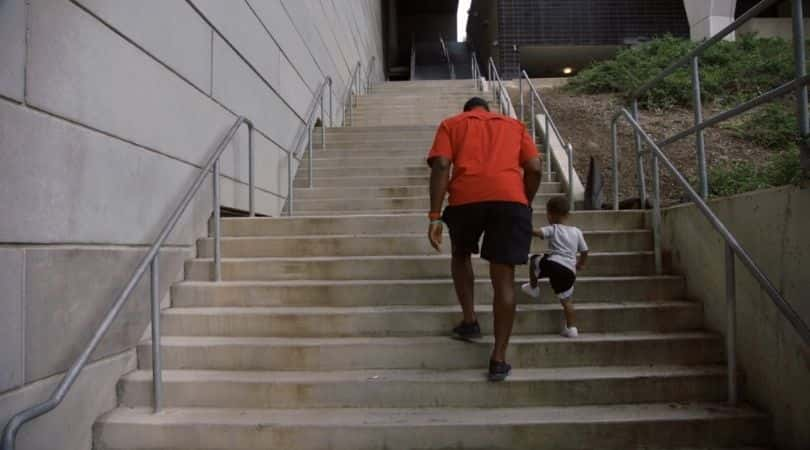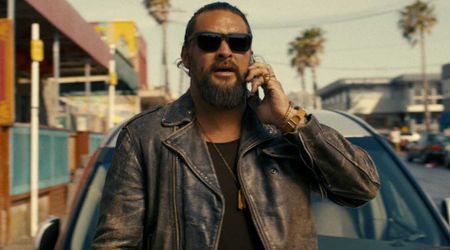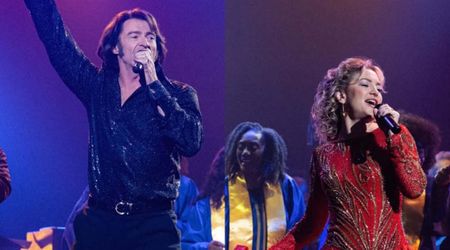'Black Boys' Review: Peacock documentary offers a moving look into what it means to grow up Black in America

Earlier this year, as the world battled a worsening coronavirus pandemic -- which is still ongoing --, Americans witnessed a horrifying video in which a Minneapolis police officer was seen kneeling on the neck of an African-American man. 46-year-old George Floyd's death sparked nationwide protests which then spilled over to other nations. Statues of confederates and slavery owners were pulled down, people took to the streets donning masks to protect from the virus, and Black Lives Matter protests occupied the front pages of newspapers daily for more than a month. Three months later, these stories may have all but disappeared in spite of ongoing protests, but the danger to Black lives is still ever-present.
What does it mean to grow up Black in America? More specifically, what does it mean to grow up as a Black boy in America? 'Black Boys' is a new documentary that will be available to stream on Peacock, NBC's streaming platform from September 10. Directed by Sonia Lowman and executive produced by two-time Superbowl champion, Malcolm Jenkins, 'Black Boys' is an intergenerational exploration of Black identity.

To begin with, 'Black Boys' delves into the use of the Black body in American culture. While growing up, Black boys often dream of becoming a professional sportsperson as they believe that otherwise, they may end up "dead or in jail." Eugenics and race science in the past had tried to prove that the brains of Africans were less developed than that of Caucasians -- as Angela Saini explores in her book 'Superior' --, to justify the use of Africans as slaves and for manual labor. While slavery was abolished, African-Americans are still subject to having to prize the physical above anything else. The documentary explores what effect this has on mental growth and on all-around development.
It is also the way the Black male body is used against them by direct or microaggressive racist behaviors. One boy speaks of how he as a big Black man has to endure White women passing by him clutching their purses as he stresses that all he knows is to love and to care. This small scene is representative of the trauma that Black men and boys have to go through. We also see young Black mothers talking about raising their young Black sons to not just to survive, but also to not restrict their true selves.

Systemic racism exists and it is clear, not just in the way of the treatment of African-Americans by law enforcement, but also in the way the Black communities are affected by education, housing, voting, and other issues, often receiving the short end of the stick. These themes are also explored in the documentary while also giving young Black voices their spot. We see young boys discussing who they are and it is when one boy mentions that he is "broken" that their travesty truly registers. We see African-American teachers doing what they can to make sure that these young boys have guidance and examples to follow in a world that is not built for them.
There are trigger warnings for watching the documentary. Interspersed with shots of young Black children, we also see archival footage of police brutality on Black people -- and one horrifying footage of school security brutally mishandling a young child. Suffice it to say, 'Black Boys' is not an easy watch, but it certainly is a necessary watch. The documentary is about 90 minutes long but the experiences showcased certainly deserve more time on your screens and your minds. Lowman also makes excellent use of music at the right moments that add to the viewing experience.
'Black Boys' will be available to stream on Peacock on September 10.










